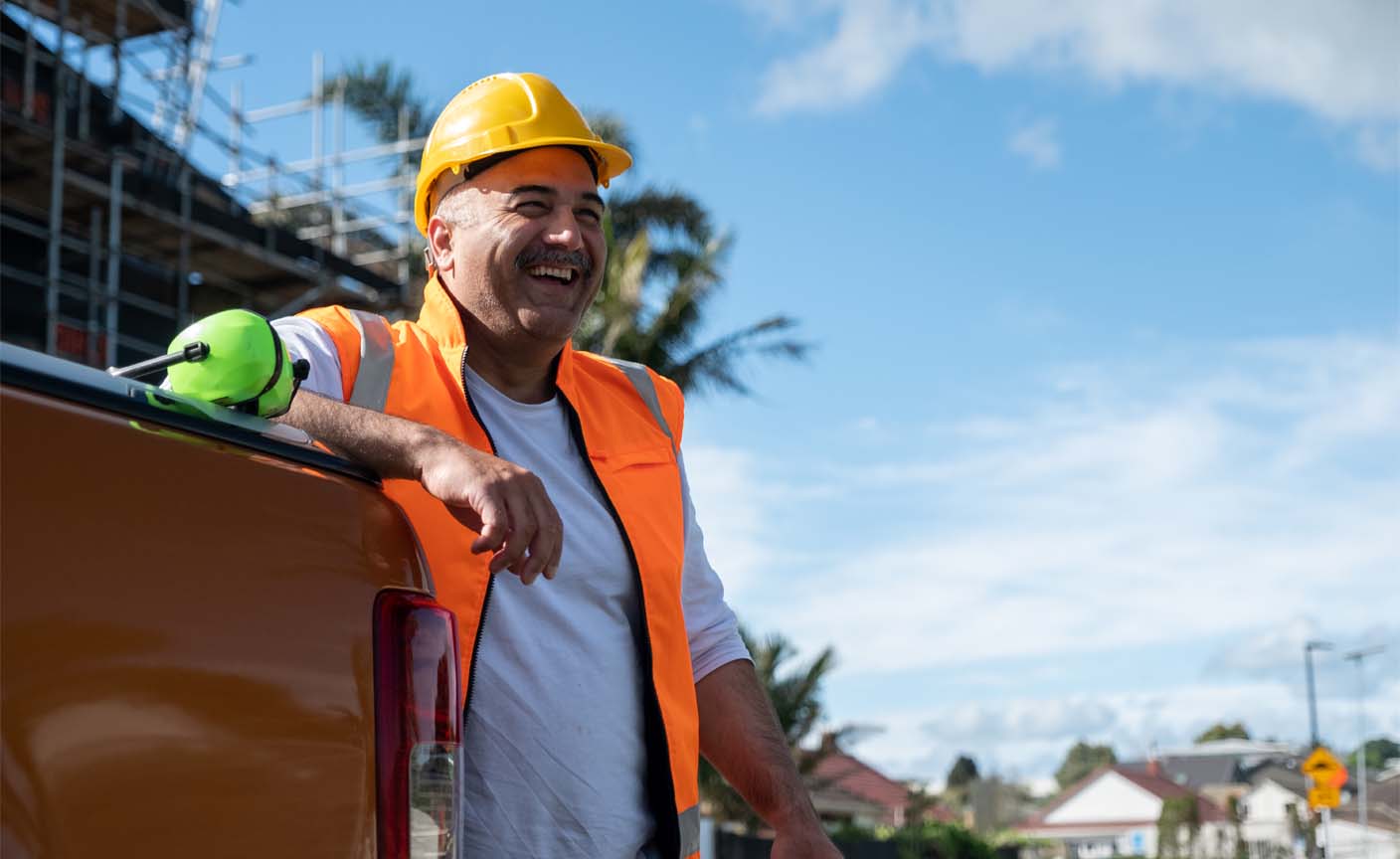Early detection and treatment of testicular cancer increases the chances of beating it.
Key takeaways
Learn to recognise the signs and symptoms.
Familiarise yourself with important self-checking techniques.
Around 960 Australians were newly diagnosed with testicular cancer in 2022.1
While rare, testicular cancer is the second most common form of cancer for those born with testicles aged between 20 and 39, behind skin cancer.2
The good news is that if it’s detected and treated early, the chance of beating testicular cancer is high.
Here, we look at one of the best early prevention measures for testicular cancer: checking them yourself.
Signs and symptoms of testicular cancer
While symptoms of testicular cancer sometimes don’t appear, some people may experience things like:
- a painless swelling or lump in a testicle
- changes in the size or shape of a testicle
- a heavy or uneven feeling in your scrotum
- aches or pains in your lower abdomen, testicle or scrotum
- pain in your back
- enlarged or tender breast tissue (which is the result of cancer-causing hormones).2
Get to know your nuts with a self-examination
You might not know that you should be self-checking your testicles at least once a month. Getting to know your nuts can help you identify something that might not look or feel quite right down below.
It’s important to do, and it’s something that can be easily worked into your regular routine. Best of all, it only takes a few minutes. Here are some tips on how you can go about it:
- Using your fingers and thumb, gently roll your testicle, feeling for any lumps or changes.
- Repeat on the other testicle.
- Feel underneath the scrotum to the tube at the back, otherwise known as the ‘epididymis’, which should feel like tightly curled tubes. Make sure there is no swelling to the area.
It’s a good idea to make sure the area is warm and relaxed, so performing a self-exam in the bath or shower might help. Alternatively, some people prefer to perform the test in front of a mirror, so they can see what they’re feeling.
The main thing to look for is any changes, swelling and lumps (whether painful or not). The test itself should not be painful. If it’s hurting, ease the pressure off. If the pain is unusual or if any changes are detected, it’s important to see a doctor.
It’s also important to remember that not all lumps are cancerous. However, we know that early detection can be lifesaving. So, it’s vital you perform regular self-checks and see a doctor if there’s anything out of the ordinary. Frankly, you’d be nuts not to.


At Bupa, trust is everything
Our health and wellbeing information is regularly reviewed and maintained by a team of healthcare experts, to ensure its relevancy and accuracy. Everyone's health journey is unique and health outcomes vary from person to person.
This content is not a replacement for personalised and specific medical, healthcare, or other professional advice. If you have concerns about your health, see your doctor or other health professional.
1Australian Government, Cancer Australia. (2024). Testicular cancer in Australia statistics. Australian Government, Cancer Australia.
2Cancer Council. (2023). Testicular cancer. Cancer Council.
You might also like...
Men's health: 5 things you should know and do
As men age, new health risks emerge. Find out what steps you may need to take to stay healthy and happy.
Health checks and screening at every stage of life
It’s important to make sure you get the right health checks throughout your life, from your 20s to your 50s and beyond. Check out our guide to learn more.
How to check for breast cancer
The better you know your breasts, the more likely you’ll be to notice any changes. Learn how to check for the signs of breast cancer at home.
5 ways women can support healthy ageing
Small changes to your daily life can have a big impact on your health as you age. Discover 5 ways to support women’s healthy ageing.





